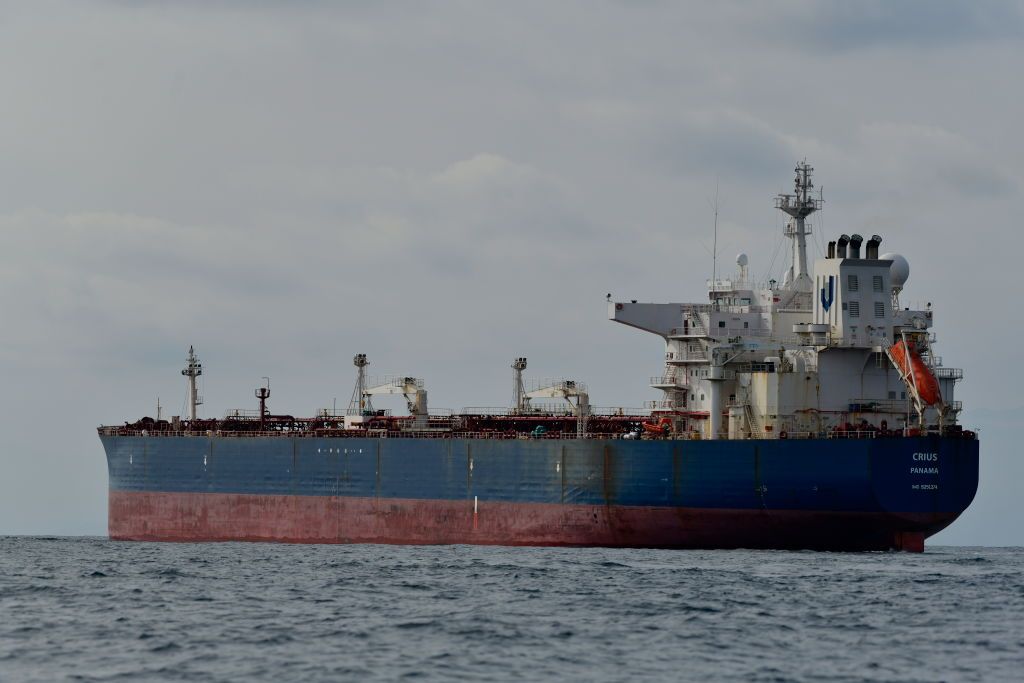
Chinese port ban on US-sanctioned tankers tightens oil supply, Reuters reports
Shandong Port Group has prohibited U.S.-sanctioned tankers from accessing its ports in the eastern Chinese province, three traders familiar with the issue told Reuters. This region, home to many independent refiners, is a significant importer of oil from countries under U.S. embargoes.
Last year, Shandong imported approximately 1.74 million barrels per day (bpd) of oil from Iran, Russia, and Venezuela, accounting for about 17% of China’s total imports, according to Kpler, a data and analytics company that provides real-time intelligence on commodity flows, energy markets, and maritime activities.
The ban, if enforced, is expected to increase shipping costs for Shandong’s independent refiners, which rely heavily on discounted sanctioned crude from these countries, traders told Reuters.
The move follows Washington's recent expansion of sanctions on companies and tankers involved in the Iranian oil trade. President-elect Donald Trump, set to take office on Jan. 20, is anticipated to further tighten restrictions on Iran, continuing a pattern from his previous administration. Traders believe the ban could also slow oil imports into China, the world’s largest importer of crude.
A notice issued by Shandong Port on Jan. 6, verified by three traders, said that ports are prohibited from docking, unloading, or servicing vessels listed by the Office of Foreign Assets Control under the U.S. Treasury. Shandong Port manages key facilities on China’s east coast, including Qingdao, Rizhao, and Yantai, which serve as significant hubs for importing sanctioned oil.
In a follow-up notice on Jan. 7, reviewed by Reuters, Shandong Port claimed the shipping ban would have a "limited impact" on independent refiners, as much of the sanctioned oil arrives on non-sanctioned tankers.
According to Michelle Wiese Bockmann of Lloyd's List Intelligence, the shadow fleet moving Iranian, Russian, and Venezuelan oil comprises roughly 669 tankers. Between October and December, the U.S. Treasury sanctioned 35 tankers identified as part of Iran’s "ghost fleet."
Separate sanctions were also imposed on Sovcomflot, a major Russian tanker operator, early in 2024. Sources revealed that the outgoing Biden administration intends to sanction over 100 tankers linked to Russian oil, further constraining shipping options. Analysts anticipate the shift to non-sanctioned tankers will drive up costs for Shandong refiners, which are already struggling with low margins and weak demand.
The sanctions are already affecting global oil prices and shipping logistics. Shares in Frontline, a leading tanker operator, surged over 9% following the port ban announcement, reflecting an anticipated tightening of tanker supply.














